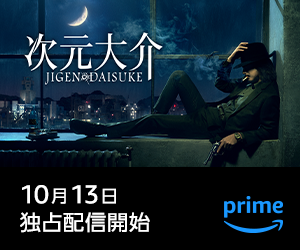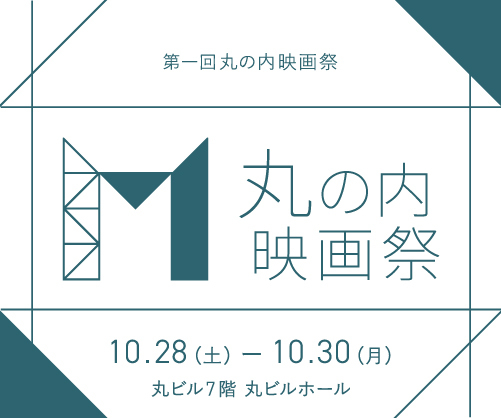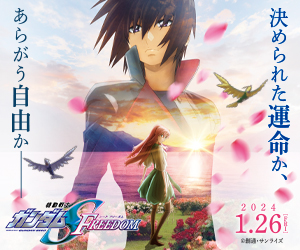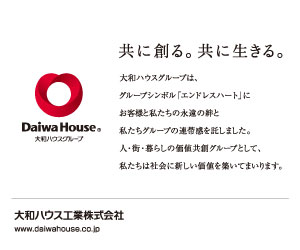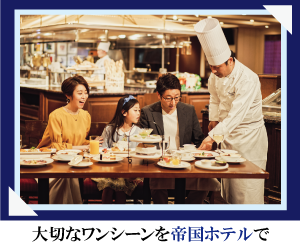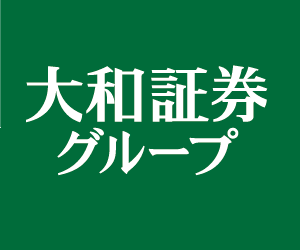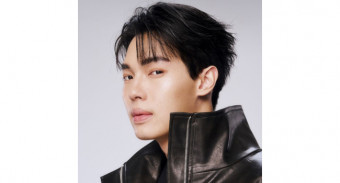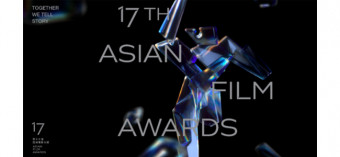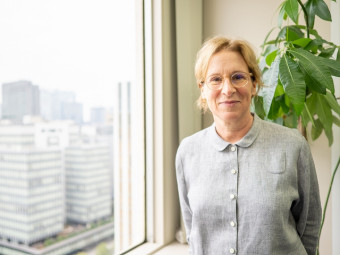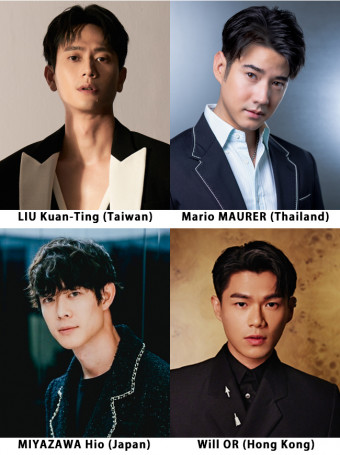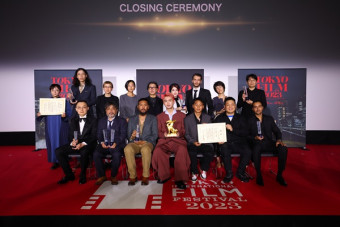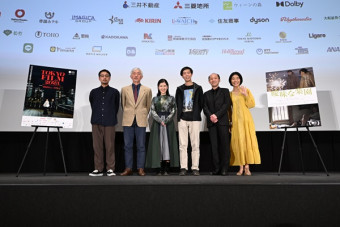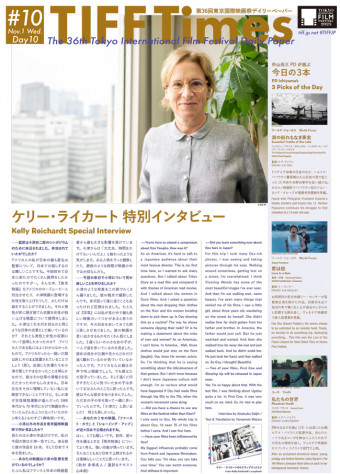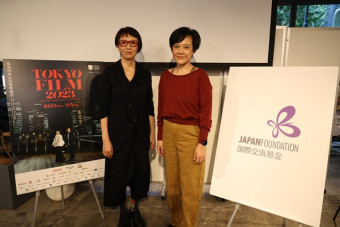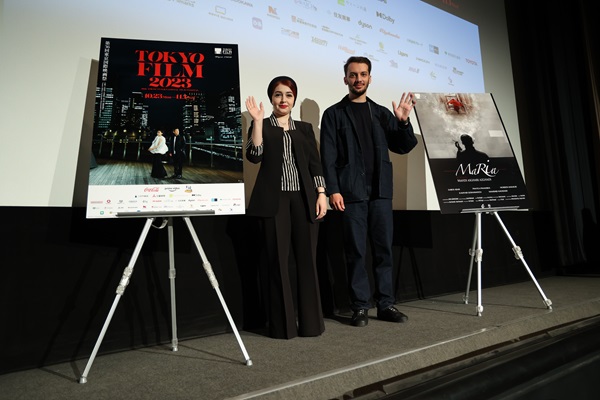
Few pre-credit sequences are as immediately engaging as the one that opens Maria, the debut feature of Iranian filmmaker Mahdi Asghari Azghadi, which had its world premiere in the Asian Future section of the 36th Tokyo International Film Festival on October 29. We are in a car bedecked with flowers being driven by Farhad (Kamyab Geranmayeh), who is trying to locate a certain bridge where he is to meet someone. Agitated when he realizes he has passed the bridge, he starts backing up and then there is a sudden crash. A woman has seemingly fallen from the sky onto his car.
From that point the mystery of the woman, whose name may or may not be Maria, deepens, accumulating layers of intrigue along the way. Farhad, it turns out, is a filmmaker who is about to present his latest film at a festival, and Maria was an aspiring actor who was supposed to play the main character in the film before she disappeared for two years. Farhad feels understandably guilty about having cast his fiancée, Zohreh (Pantea Panahiha), who wasn’t too clear about how she succeeded Maria and for much of the film is suspicious of Farhad’s intentions.
All Farhad wants to know is the truth, and as he plays sleuth to uncover Maria’s story—which involves a migrant community of ethnic Balochs with their “own laws,” a leaked audition tape, and a particularly threatening police detective—his emotional integrity collapses.
Unfortunately, Azghadi was unable to accompany his film to Japan. In a message read following the screening by the film’s editor, Elnaz Ebadolahi, who is also Azghadi’s wife, the director said he couldn’t leave Iran because of “conscription issues.” In Iran, all able-bodied young men must do national military service, and, apparently, the director hasn’t fulfilled his obligation yet, so he could not get permission to leave the country. But he promised that with his next film, he would try to come to Japan, TIFF willing, that is.
Moderator and TIFF Senior Programmer Ishizaka Kenji responded that, at 28, Azghadi is the youngest director with a film in this year’s festival, and that, given the quality of Maria, he is sure there will be more opportunities to show his work at TIFF in the future.
The potency of the mystery made for a very lively Q&A session, and one woman asked the question that seemed to be on everybody’s mind. A title card stated that the movie is based on a true story. Is that right? Such a deep, confounding thriller must have been at least partly contrived.
Ebadolahi said, “A few years ago the director did meet a woman who wanted to become an actor, but she was from a very religious family, and when they found out she was going to play a prostitute, they tried to kill her.” She went on to explain how Azghadi had added certain fictional elements to create a structure that was “a cross between reality and a dream.”
Another questioner commented that the story and the presentation were very similar to Alfred Hitchcock’s Vertigo, and wondered if that was intentional. Ebadolahi confirmed that Azghadi was a fan of Vertigo, especially Hitchcock’s use of color associated with the mystery woman played by Kim Novak. In Maria, the mystery woman is invariably dressed in bright red, whether she appears in reality or in a dream.
As with many Iranian films, a good deal of the action takes place in automobiles, and one audience member wondered how difficult it was to shoot these scenes. Lead actor Kamyab Geranmayeh was also on stage for the Q&A session, and told the audience that the world premiere had been his first opportunity to see the finished film. He explained that the road scenes were definitely the most challenging due mainly to the uneven quality of Tehran’s roads, but Ebadolahi elaborated on one crucial scene that takes place in the back seat of Farhad’s car, where he browbeats two young boys he suspects of knowing something about Maria’s disappearance. Ishizaka expressed wonder at this scene, which uses a rotating camera to take in various activities happening both inside and outside the car that eventually coalesce into violence.
Geranmayeh mentioned that his interpretation of Farhad had changed considerably over time, under Azghadi’s direction. In fact, as he watched Maria on the screen for the first time, he kept saying to himself, “Oh, that’s me up there.”
Q&A Session: Asian Future
Maria
Guests: Kamyab Geranmayeh (Actor), Elnaz Ebadolahi (Editor)












